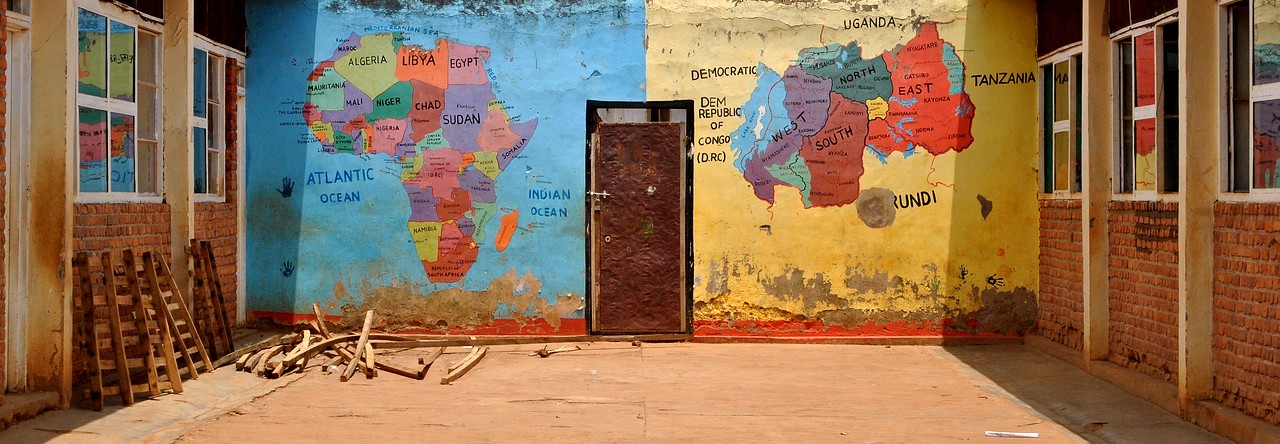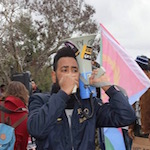 — By Lena from Malawi
— By Lena from Malawi
It was a sunny Wednesday morning and I set out with my colleagues to visit some volunteers who are placed to work on a project called Support for the most Marginalised Children Education. This project is implemented by Centre for Youth Empowerment and Education (CYECE) in a rural area called Siya-Siya in Salima. Having a clue of what these volunteers have been up to in this community, thus encouraging the most marginalised children to get back to school, it never occurred to me that these youth’s passion in helping others has grown so much that they were not only understanding this community better, but also proposing solutions that are sustainable. This made me realise how much youths would like to give to their communities, even though they might lack the platform and resources to do so.
Working for an agency called International Service that manages a Youth Volunteer Programme called International Citizen Service, funded by the UK Government, the programme engages youths between the ages of 18 and 35 from the UK and Malawi to volunteer in development projects. The Programme is aimed at developing the skills of the youth, regardless of their qualification or expertise, mentor youths to become active global citizens, but also expose them to unfamiliar culture and how they can manage in this cross-cultural setting.
The number of Malawian youths that apply to take part in this programme is so overwhelming that I for one felt most apply because jobs are scarce. The youth and women unemployment rate in Malawi is estimated at 27% according to http://malawi.unfpa.org/sites/default/files/resource-pdf/Malawi%20Demographic%20Dividend%20Report%202016.pdf. While this is the case, among the estimated 17.2 million population (2016 PRB fact sheet) of Malawi, 40% of the total population are youth under the age of 15. This means that if the youth age of 10-35 as provided for in the Malawi youth Policy 2013 is taken into consideration, youths in Malawi make over 50% of the population.
However, to the contrary, getting to Siya-Siya that morning, we were welcomed by the enthusiastic 12 youth Volunteers, 6 Malawians, and 6 Britons. Exposed to unfamiliar environment, one would expect them to complain about the environment they are living in, but they enjoyed being in this environment and took it as an opportunity to learn from the community but also identify issue affecting children’s education then propose solutions to these issues. Talking to each one of them, it was established that they at first took it as an opportunity to get away from home and fill the gap of idling at home, but to their surprise it has been a fruitful as they have had the chance to live a life in the rural communities which has changed their world view. For the Malawian volunteers who were not sure what volunteerism entails, said they would do it again as they will be satisfied that their contribution is helping someone who really needs the help.
Some of the activities these youths are involved in is identifying children that are not going to school, persuade them to go back to school and establish the reasons why they never went to school or dropped out. From what these volunteers established, despite primary school being free in Malawi, children have been sent back from school for not having a school uniform, having to walk very long distances just to access a school facility, some schools only having junior classes which meant if one is transitioning into a senior class, he or she must change schools. Some dropped due to bullying while other due to child labour and early marriages.


